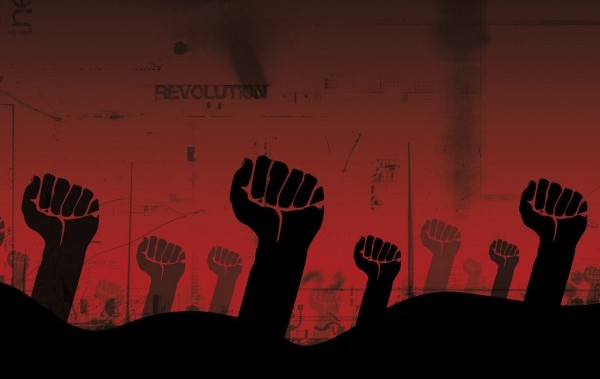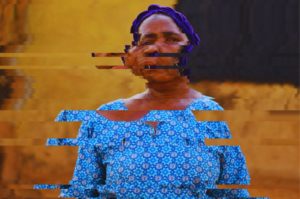Adichie’s Americanah, Selasie’s Ghana Must Go, and Bulawayo’s We Need New Names are being hailed as the African novels that best capture the Africa of our time. It is around these novels that the question of the contemporary African novel is being asked and decided. On a flight to Johannesburg, I was reading the South African Airways in-flight magazine and saw an entire page celebrating Bulawayo and Selasi’s novels as the “great African tales” our of contemporary moment.
But it strikes me as odd that all three novels are about the African immigrant experience. Why are three African novels published within the last one year about the same subject? Is it coincidence? Is there is a scarcity of stories? Is someone telling them what to write? Are African writers getting too comfortable in the corporatized literary infrastructure that nurture and circulate their work? I’m asking these questions to get us to appraise our literary moment and think about what our legacy will be in the history of the African novel.
These novels I have put on the spot—Americanah, Ghana Must Go, and We Need New Names— are brilliantly written. But, lets face it, they will probably not change the way we think of the African novel. They will effortlessly take their place in the cannon but will not disrupt it. African novelists these days are not keen on experimenting, taking risks with form, disrupting our assumptions about what storytelling is and what makes it pleasurable or political. They avoid the risk of exploring new types of audiences or markets. So they write stories that are prepackaged for a rented audience. They write stories that address issues, topics, social problems. Issues are safe. Big ideas are easy to sell. They have a ready-made audience. When you are African and you say your novel is about race, war, Niger Delta crisis, same-sex relationship, human trafficking, immigrant experience, you are guaranteed an audience, who buy your book only because it is familiar, because they’ve already read it even before they open it. This is my way of saying that the tendency to suspend stories on abstract ideas, topics, themes, subjects has prevented African writers from doing interesting things with form and story.
The unsettling thing is that African novels started out as a radically experimental form. Amos Tutuola never wrote a novel. He wrote a narrative that evoked the novel, anticipated the novel, resembled the novel but that rejected the form of the novel in its classic sense. Tutuola dreamed of writing a novel but through the sheer genius of his mind, he ended up writing something that corroded the form from the inside and exploded it. Tutuola’s commitment to the form of the story as opposed to the ideas the story could be made to explore is evident in the fact that we still do not know what to make of his stories. Attempts to make his work meaningful by saying it is about colonialism or some other big idea always seems forced and contrived. We always fail in our attempt to graft an abstract social issue on to Tutuola’s stories. Adichie can say that her book is about race, love, and hair. We can’t say the same about a story like The Palmwine Drinkard. For Tutuola, the idea did not come before the story. The story did not work in the service of the idea. The story was meant to overshadow the idea so that it did not prevent us from encountering the story and loving it for itself.
We need more writers to be inspired by Tutuola and others like him—Dambudzo Marechera, Ben Okri, Kojo Laing. These are writers who found their voice and their love for the novel by breaking away from the form and seeking out new ways of forcing the novel to imagine worlds it was not built to imagine. African novelists need to find their way back from big ideas to the beauty and power of the story.
Image Via










Ainehi Edoro July 15, 2013 15:31
"I am thinking now how strained “Famished Road” would feel it would have to have conformed some format before it could be accepted." Precisely.